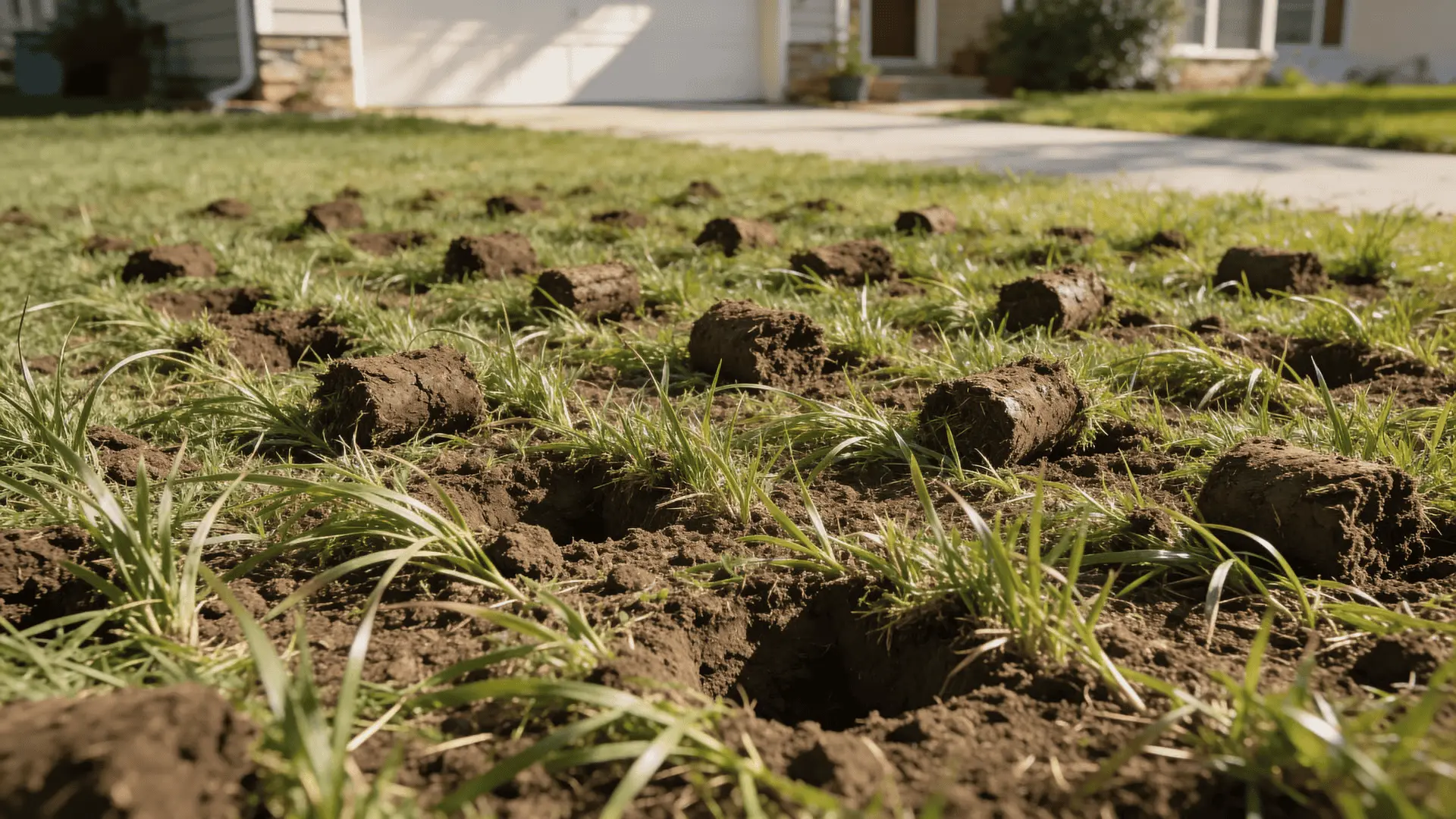Choosing between a split system and ducted air conditioning is one of the biggest decisions you’ll make for your home’s climate control.
BG Electrical & Air, the air conditioning installation Brisbane experts, break down what a split system air conditioner really is. The unit works with an indoor part and an outdoor compressor linked by piping. This setup makes it much easier to install compared to ducted systems. A ducted system gives you complete climate control throughout your space and has ‘zones’ that let you cool or heat specific rooms.
Your choice between these systems depends on a few key things. Split systems work great for single rooms and won’t cost as much to install or run. Ducted systems make more sense for bigger homes or commercial spaces. The ducted system’s higher upfront cost pays off because it cools large areas better.
This piece will help you pick the right air conditioning system based on your home’s design, budget, and cooling needs.
Understanding the Two Systems
The design features of both air conditioning systems make them suitable for different spaces. Split systems use two main components. An indoor unit mounted on a wall or ceiling disperses conditioned air, while an outdoor unit houses the compressor. Insulated copper pipes and electrical wiring connect these components, transferring refrigerant between units.
Ducted air conditioning works through a different approach. A central unit hidden in the roof cavity distributes air throughout your home using a network of ducts. The system features an outdoor condensing unit with the compressor, an indoor fan coil unit located in the ceiling, and several ducts that distribute air through vents in each room.
Ducted systems process air at a central point and distribute it through ducts to multiple rooms. This setup creates an even and consistent climate in larger spaces, and rooms show only subtle ceiling vents.
Split systems cool spaces by pulling room air into the indoor unit. The air passes over an evaporator coil and circulates back into the room. This design works best for single rooms or small apartments where duct installation becomes impractical.
Both systems rely on the refrigeration cycle. The refrigerant absorbs indoor heat, changes to gas, releases heat outside, and returns as cooled liquid.
Comparing Features
System performance depends heavily on proper maintenance. Heavy use of split systems means cleaning filters every 1-2 months. Ducted systems’ filters need cleaning at least twice a year. Both systems need yearly professional servicing.
Ducted systems last longer – typically 15-20 years, while split systems run for 10-15 years. These systems also run more quietly, producing just 23 dB of noise. Split systems can be louder, but they should typically stay under 35 dB.
Larger properties benefit from a ducted system’s zoning technology because it controls temperature in different rooms at once. Split systems work best in smaller spaces, especially when you have just one or two rooms to cool.
Choosing the Right AC for Your Home
The way your home is built determines which air conditioning system works best. Ducted systems typically make more sense for larger homes where you need to cool multiple rooms simultaneously. Split systems are more suitable for smaller homes or when you want to control the temperature in specific rooms.
Your home’s layout makes a big difference, too. Ducted air conditioning works great in open-plan spaces because it spreads air evenly. Homes with tight roof spaces may benefit from split systems.
Take a good look at how you use your space. A ducted system with zoning options gives you the best whole-house comfort when you use most rooms. Split units might be your best choice if your family sticks to just a few rooms or wants different temperatures in different spaces.
Getting the right size system is crucial. A system that’s too small will waste energy trying to keep up, while an oversized one will turn on and off too frequently and wear out more quickly. You should ask a professional to inspect your home and determine the exact size you need.
The quality of your home’s insulation substantially affects how well any system functions. Better-insulated homes keep the treated air inside longer, which means your system won’t need to work as hard. The local weather also plays a role; homes in hot areas require more cooling power.
Your future plans matter too. Ducted systems adapt better if you’re thinking about adding rooms or renovating later.
Conclusion
Your home’s design and size should shape your choice. Split systems work great for small apartments or homes where you use just a few rooms often. Larger open-plan homes with multiple active rooms usually make the ducted system’s higher cost worthwhile.
A professional should assess your needs before you make a decision. The local weather, the quality of your insulation, and any future renovation plans will all affect how well each system works in your home. Whatever system you pick, getting the right size is crucial. A well-matched system will keep you comfortable and reduce energy waste and wear and tear.
The best air conditioning choice weighs upfront costs against long-term expenses, comfort priorities, and practical setup needs. Split systems offer affordability and simplicity. Ducted systems provide complete coverage. Understanding these differences will help you make a smart choice that keeps your home comfortable for years.








